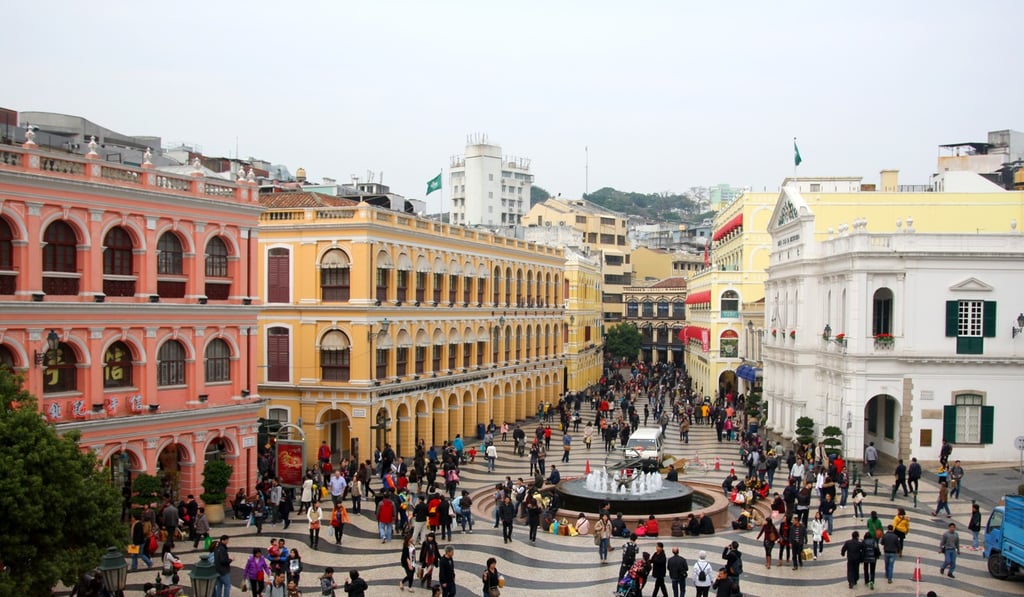Macau denies it is tax haven after European Union puts it on blacklist of 17 tax-avoidance havens
Spokesman for Macau government called blacklisting ‘unilateral and one-sided’

The Macau government has strongly denied the city is a tax haven after the European Union put the former Portuguese enclave on a blacklist of those it deems guilty of unfairly offering tax avoidance schemes.
A spokesman for the Macau government on Wednesday called the blacklisting “unilateral and one-sided” and did not speak the truth to the city’s reality.
“[The government] reiterates that [Macau] is definitely not a so called tax-avoidance port or tax haven,” he said.
The spokesman said the government had been cooperating with intergovernmental organisations, such as the Organisation for Economic Co-operation and Development, to crack down on cross-country tax avoidance and encourage fair taxation.
He added that the city established a new tax information exchange law in May to make the city’s tax information more transparent to other countries, and that the government had been studying how to improve regulations on offshore businesses.
